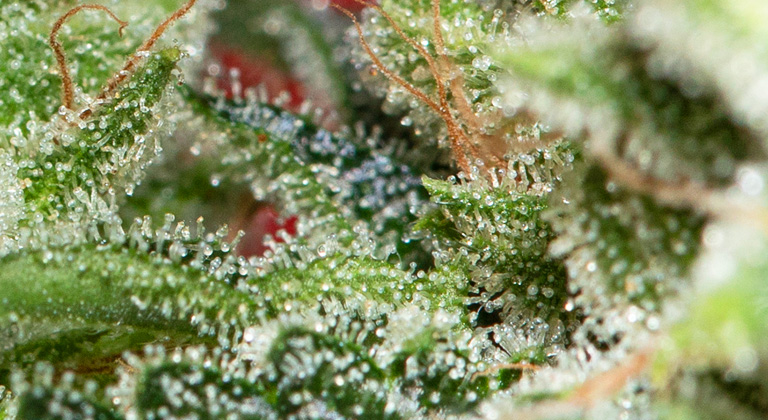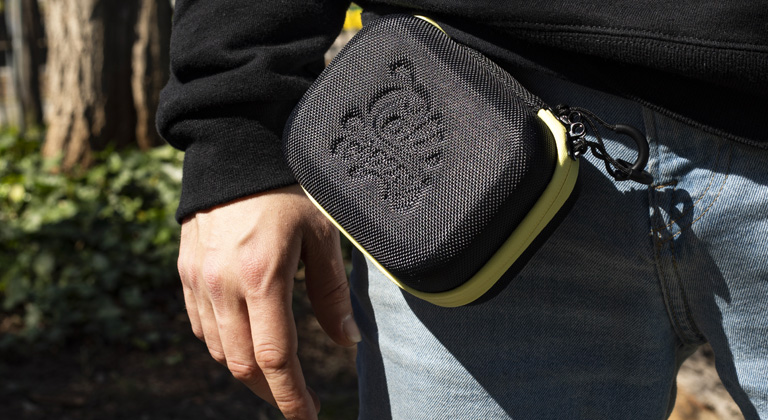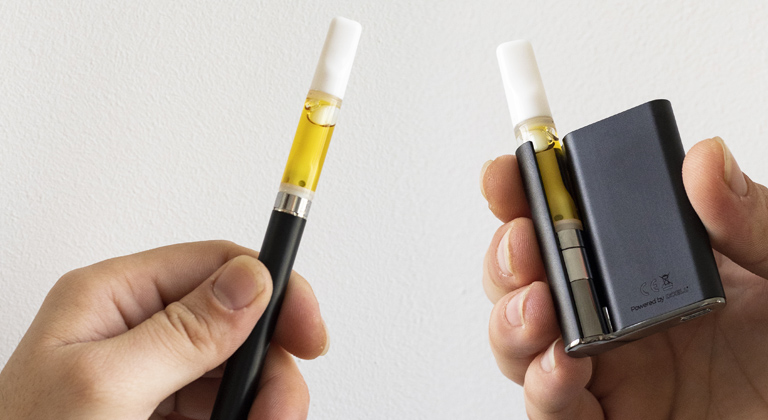Historical Context: The Evolution of the Legal Framework of Cannabis in Brazil
The history of cannabis in Brazil has been marked by strong prohibition. In fact, Brazil was one of the first countries in the world to criminalize this plant. In 1830, the Rio de Janeiro City Council banned and punished the use of cannabis in the city, with these measures being strictly enforced on the African slave population.
This is how Brazil became one of the first countries to penalize the consumption and distribution of cannabis, reflecting a punitive trend that has persisted until recently. It is believed that the origin of this was the notion that consuming cannabis was the cause of low productivity amongst the slaves, prompting a prohibitionist policy in the country that lasted almost two centuries.
The introduction of cannabis in Brazil dates back to the colonial era, and it is believed that both Portuguese colonizers and African slaves brought this plant with them.
By the 20th century, Brazil also supported the criminalization of cannabis on an international level, backing the global ban on the production of cannabis, classifying it as a narcotic, and restricting its use to strictly medical and scientific purposes.
Despite this prohibition, the use of cannabis in Brazil persisted and was linked to various cultural practices in the past. For example, its consumption was common during the 19th century among the upper classes of society and the general population. It was used for both medical and recreational purposes.

Current Legal Context of Cannabis in Brazil
Given this context of strict prohibition, it’s not hard to imagine there have been social repercussions, especially among the more vulnerable strata of society. The imprisonment for possession of small amounts of cannabis, and the issues this caused, led to the approval of a law in 2006 aiming to penalize the possession of small amounts of cannabis with “softer” alternative punishments, such as community service.
The problem with this law was that, when it was enacted nearly 20 years ago, parameters weren’t clearly set for the amounts of cannabis considered “small”, leaving it to the judge’s discretion. This legal gap has led to much controversy since some believe social injustices have been committed by the police and judges.
Medicinal Cannabis in Brazil
Cannabis for medicinal use was legalized in Brazil in 2015. Since then, patients’ access has been strictly regulated by the National Health Surveillance Agency (ANVISA).
Consumers who wish to acquire cannabis products for therapeutic use in the country must meet the following requirements:
- Be in possession of a medical prescription and a detailed report from a physician justifying the need for the treatment.
- Have an authorization from ANVISA, which has limited validity and must be periodically renewed.
Since 2015, ANVISA has approved various cannabis-based products for medical use. Additionally, this market has grown at an incredible rate, with a 93% increase in the import of cannabis products and growing acceptance among society and doctors for the medical use of cannabis.
However, some point to the fact that there are still challenges in access, as cannabis products are costly, there’s a lack of knowledge among healthcare professionals about using cannabis for therapeutic purposes, and the bureaucratic processes for authorization continue to be an obstacle for those needing urgent treatment.

Decriminalization of Cannabis in Brazil in 2024
Last June, the Supreme Court approved the decriminalization of cannabis for personal use in a historic ruling, deciding by a majority that the carrying of small amounts of cannabis is an illicit activity without a criminal nature.
Supreme Court Justice Luís Roberto Barroso declared that, despite this move, the ban on consumption in public spaces remains.
Amounts have also been established to determine what personal use is (and therefore not a criminal offense), and from which amount it would be considered drug trafficking (a crime punished with severe prison sentences). After some debate over whether to set the limit at 25 or 60 grams, the maximum quantity considered to be possession for personal use has been finally set at 40 grams of cannabis.
Decriminalization of Cannabis in Brazil and Social Justice
The lack of a clear distinction between personal use and trafficking has led to abuses and an overburdened penal system. Despite the 2006 law, Brazilian police have continued arresting people for possessing small amounts and accusing them of drug trafficking, resulting in this overburdened prison system.
“The majority of those detained and imprisoned were people with no criminal records, small amounts of drugs, unarmed, and with no evidence of belonging to organized crime,” said Ilona Szabó, President of the Igarapé Institute, an organization whose objective is to fight for public safety.
Besides the social insecurity created by these measures, which fortunately will now be part of the past, there also appears to be a racial issue. Brazil’s prisons are overcrowded, and it’s estimated that the number of black inmates is disproportionately higher, representing two thirds of the prison population.
A recent study conducted by Insper (a private university near São Paulo’s new business center) determined that black individuals arrested by police for drug possession were more likely to be charged with trafficking than white individuals. Researchers analyzed about 3.5 million records from the São Paulo public security department from 2010 to 2020 to conduct this study.

Total Legalization of Cannabis in Brazil: Obstacles and Opposition
Despite Brazil showing a shift in its cannabis drug policy, political and social opposition to the legalization of cannabis for recreational use remains strong in the country. While nations like Germany or Thailand are making giant strides toward legalization, it seems the international regulatory wave hasn’t quite reached countries like Brazil or Spain yet.
An example of this is conservative organizations claiming that the measure to decriminalize cannabis possession for personal use isn’t legitimate. “Decriminalization can only be achieved through the legislative process, not by a judicial decision,” said Brazilian Senate President Rodrigo Pacheco.
However, the Supreme Court ruling brings hope and a change towards a greener future and a fairer drug policy. For now, we’ll have to wait to see how events unfold. But, if this direction continues, 2024 could mark a turning point in the history of cannabis legality in Brazil.
With a medical market that keeps growing and solidifying, and the decriminalization of recreational cannabis for personal use, it may be that in a few years we’ll see Brazil join the long list of countries that have opted for the complete legalization of cannabis.
How is cannabis regulation in your country? Leave a comment to share with the community!
Cali Terpenes









